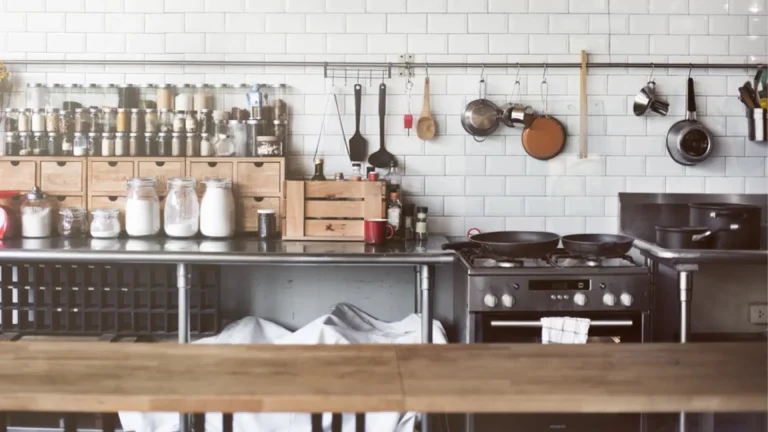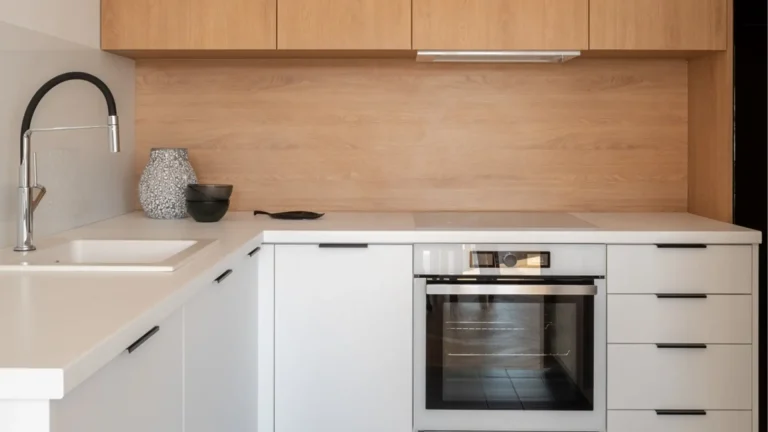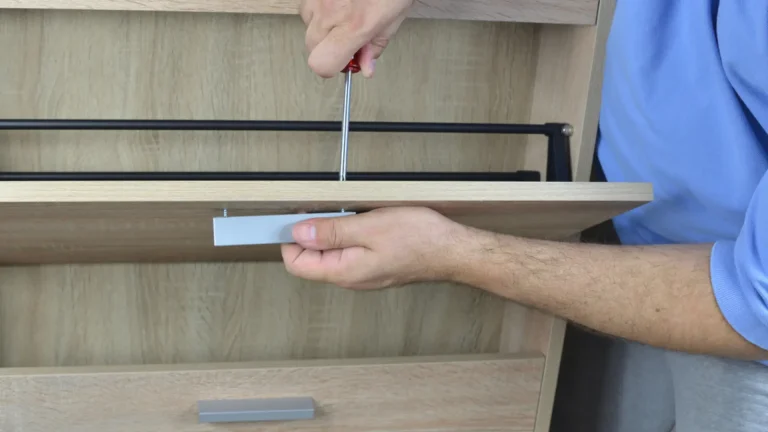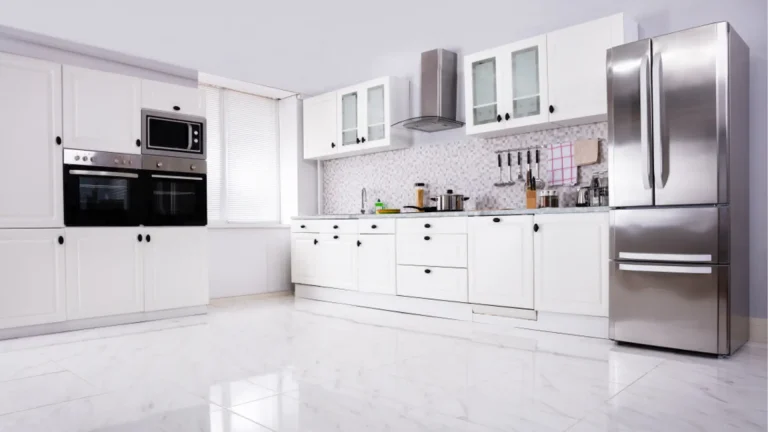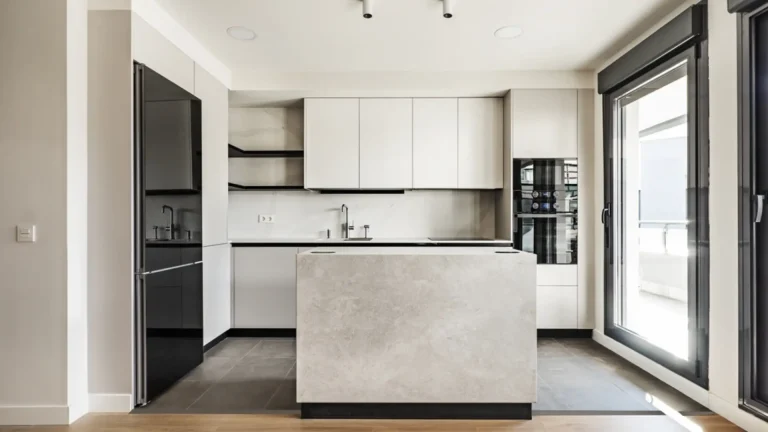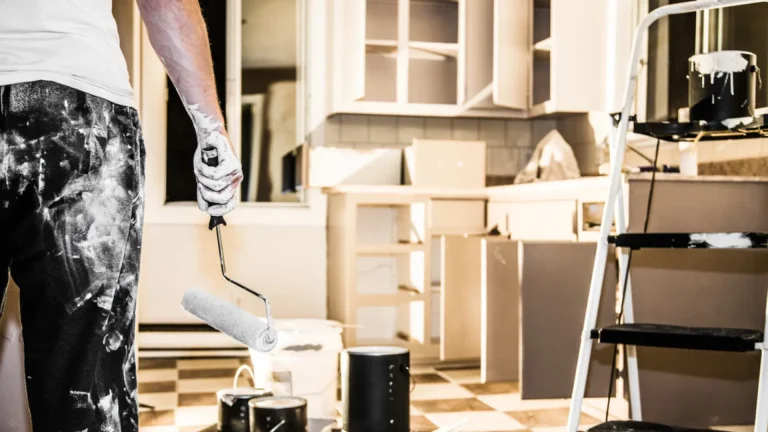Understanding Permit Requirements: Do You Need a Permit to Remodel a Kitchen?

When contemplating a kitchen remodel, one of the first questions that pops up is: “Do you need a permit to remodel a kitchen?” This query isn’t just about ticking boxes for legal compliance; it delves into the heart of ensuring that your kitchen renovation meets safety and structural standards set by local regulations. It’s a crucial step in the planning phase that can significantly influence the scope, timeline, and even the budget of your project.
Understanding the necessity of permits for a kitchen remodel is fundamental. It’s not merely about adhering to legalities but ensuring the safety and efficacy of your renovation. The need for a permit hinges on the extent of the changes you’re planning. Let’s break down what changes might require you to seek approval before proceeding.
Do You Need a Permit to Remodel Your Kitchen?
Plumbing Changes
Plumbing alterations are a common aspect of kitchen remodels that often necessitate a permit. If you’re planning to move a sink or install new plumbing fixtures that alter the existing layout, you’ll likely need a plumbing permit. These changes can impact the overall plumbing system of your home, and a permit ensures that the modifications are up to code, preventing potential issues like poor water flow or leaks.
Structural Changes
Any modification that affects the structural integrity of your home will require a building permit. This includes removing or altering walls, expanding window sizes, or changing the layout in a way that could impact the building’s stability. Structural changes are scrutinized to ensure they meet safety standards, protecting your home against potential hazards.
Electrical Changes
Upgrading electrical outlets, adding new lighting fixtures, or altering the electrical wiring in your kitchen will generally require an electrical permit. These changes need to be inspected to confirm they comply with safety regulations, reducing the risk of electrical fires or other dangers associated with improper installation.
HVAC Changes
If your kitchen remodel involves modifying heating, ventilation, or air conditioning systems, you might need an HVAC permit. This could include installing new ductwork or making significant changes to the existing system. Ensuring these changes are properly permitted and inspected is crucial for maintaining air quality and energy efficiency in your home.
Kitchen Remodel Work That Doesn’t Require a Permit
While many aspects of kitchen remodeling require permits, some tasks can be done without seeking approval from local authorities. These typically include:
- Painting walls or cabinets
- Replacing countertops
- Installing new flooring
- Updating cabinet hardware
- Replacing appliances without altering existing electrical or plumbing connections
Types of Permits You Might Require for Your Kitchen Remodel
Mechanical Permit
A mechanical permit covers the installation and alteration of mechanical systems, including HVAC, exhaust systems, and ductwork. This permit ensures that mechanical changes adhere to code, maintaining safety and efficiency.
Building Permit
For structural changes, a building permit is mandatory. It’s obtained to ensure that the construction or alteration meets local building codes and safety standards. This includes modifications to the load-bearing structures, significant layout changes, and additions.
Electrical Permit
Any significant electrical work, including rewiring, adding circuits, or installing new electrical appliances, requires an electrical permit. This ensures that all electrical work is safe and meets national and local electrical codes.
Plumbing Permit
A plumbing permit is required for most plumbing-related work, including moving pipes, installing new fixtures, or altering the home’s water supply or waste disposal system. This permit ensures that all plumbing work complies with health and safety standards.
Who’s In-Charge of Kitchen Remodel Permits?
Typically, the responsibility for obtaining permits falls on the homeowner or the contractor managing the renovation. It’s crucial to discuss who will handle the permit process during the planning stage to avoid any misunderstandings or delays.
How Do You Get a Kitchen Remodel Permit?
Obtaining a permit involves submitting detailed plans of your proposed remodel to your local building department for review. This may include drawings, a list of materials, and a description of the work to be done. The review process ensures that the project complies with local codes and standards.
Kitchen Remodel Permit Tips
Different Permit Timescales and Inspections
The time it takes to obtain a permit can vary widely depending on your location and the scope of your project. Inspections are typically required both during and after the completion of the work to ensure compliance with the permit requirements.
How Much Kitchen Remodel Permit Costs?
The cost of permits for a kitchen remodel can vary based on the project’s scope and your locality. It’s essential to factor these costs into your overall budget to avoid any surprises.
What If You Don’t Get a Kitchen Remodel Permit?
Failing to obtain the necessary permits can result in fines, legal action, and the requirement to undo the work. It can also affect your home’s insurance and resale value.
FAQs
Conclusion
While the question “Do you need a permit to remodel a kitchen?” might seem daunting, understanding and complying with permit requirements is crucial for a successful renovation. Not only does it ensure your kitchen is safe and up to code, but it also protects your investment in the long run. Always start your remodel with a clear understanding of the permits required, and you’ll be on your way to creating your dream kitchen without unnecessary setbacks.

